What Vaccines Does Your Dog Need?
According to the American Pet Products Association's 2019-2020 National Pet Owners Survey, over 67% of United States households, approximately 85 million families, own a pet. Specifically with dog ownership comes the responsibility to meet your pet's basic needs, including veterinary care. Dog vaccines are required regularly to protect them from diseases that cause illness and, in some cases, death. Depending on your location, what type of dog vaccines your pet will need may vary. There are basic vaccines that all dogs should receive, regardless of location.
What Are the Standard Dog Vaccines?
- Rabies
- Distemper
- Hepatitis (canine adenovirus-2)
- Parvovirus
- Parainfluenza
The distemper, hepatitis, parvovirus, and parainfluenza vaccines are typically given as an all-in-one combo. Distemper is a serious and contagious disease caused by a virus that attacks the respiratory, gastrointestinal, and nervous systems of dogs. Canine hepatitis is a mild but infectious respiratory disease. Parvovirus is extremely contagious with symptoms ranging from fever or hypothermia to vomiting and severe diarrhea. Parainfluenza is a highly contagious respiratory disease as well.
If you plan on boarding your dog or your dog is exposed to a kennel situation regularly, it's highly recommended that your dog gets the Bordetella bronchispetica, or kennel cough vaccine, and the canine influenza vaccine.
Those who live in rural areas with more exposure to wildlife and ticks should ensure their dog is vaccinated for Leptospirosis and Lyme disease. Lepto is spread through contact with the infected urine of wild animals, rodents, pigs, horses, cattle, and even other dogs. Lyme disease is just one of many tick-borne diseases. Lyme disease is spread through the bite of infected ticks of various varieties.
Do Puppies Need Different Vaccines?
Puppies have natural immunity from their mother for a short time. They receive a series of boosters the first time they are vaccinated. Puppies should receive their first set of vaccines at six weeks old to prevent the diseases mentioned above. This combination of vaccinations is known as the basic DHPP or DHLPP. After the first vaccine at six weeks, puppies will then receive a series of boosters given a few weeks later. They will have to receive the final round of vaccines as specified by the veterinarian.
As a responsible pet owner, it's important to keep your dog safe and healthy with regular dog vaccines. If you need to vaccinate your dog, contact West Toledo Animal Hospital. Our team of professionals would be happy to help!
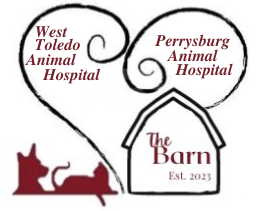
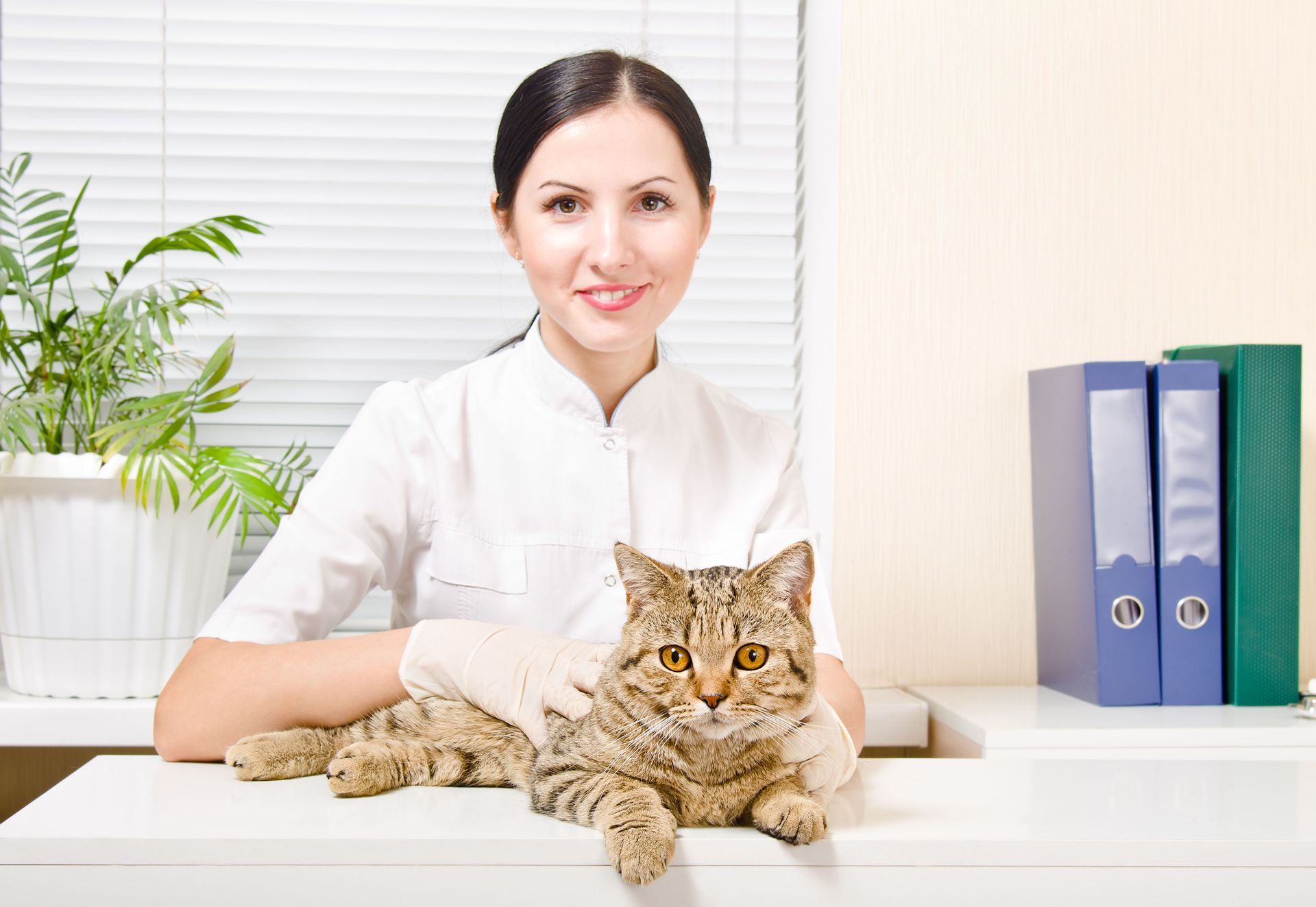
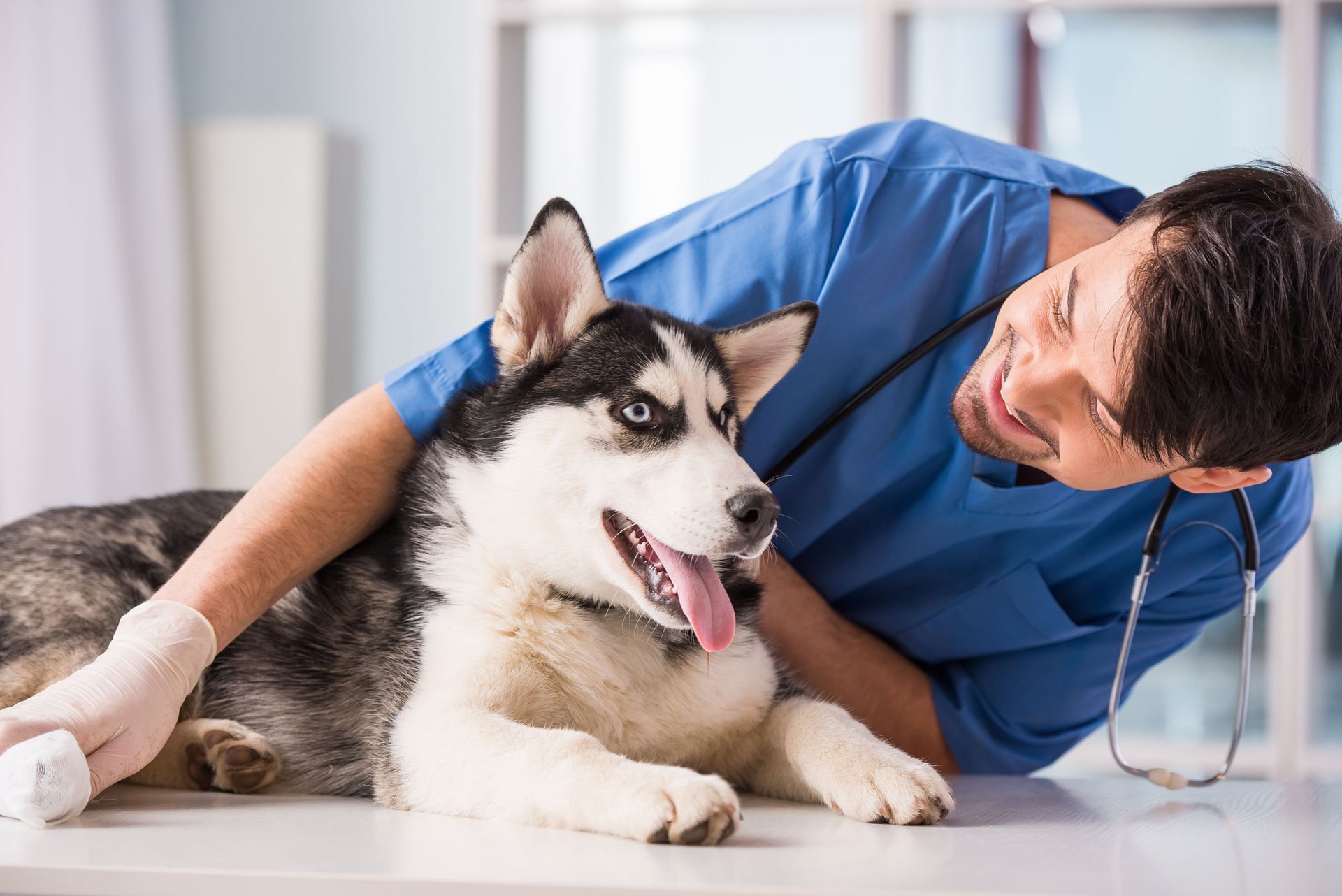

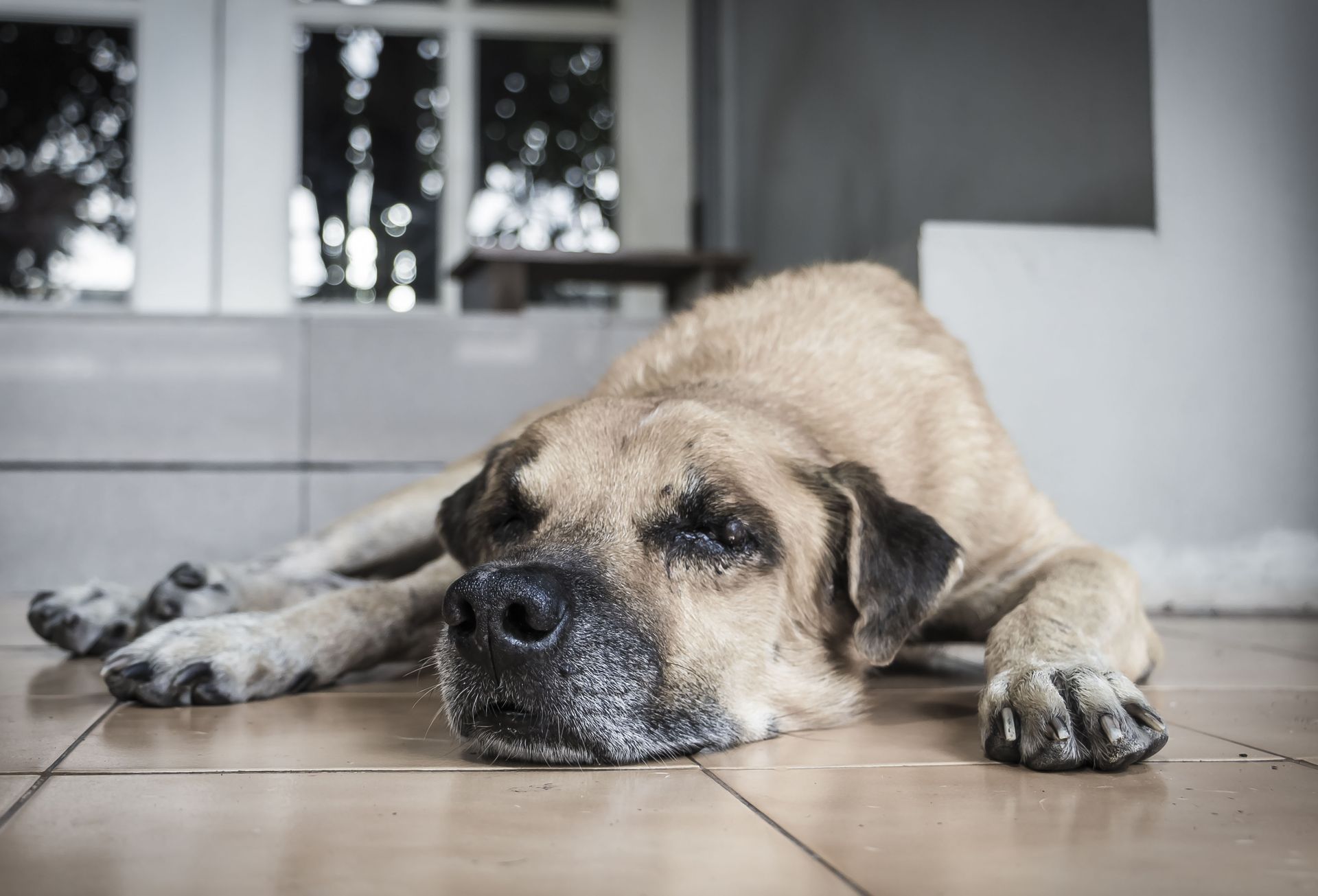

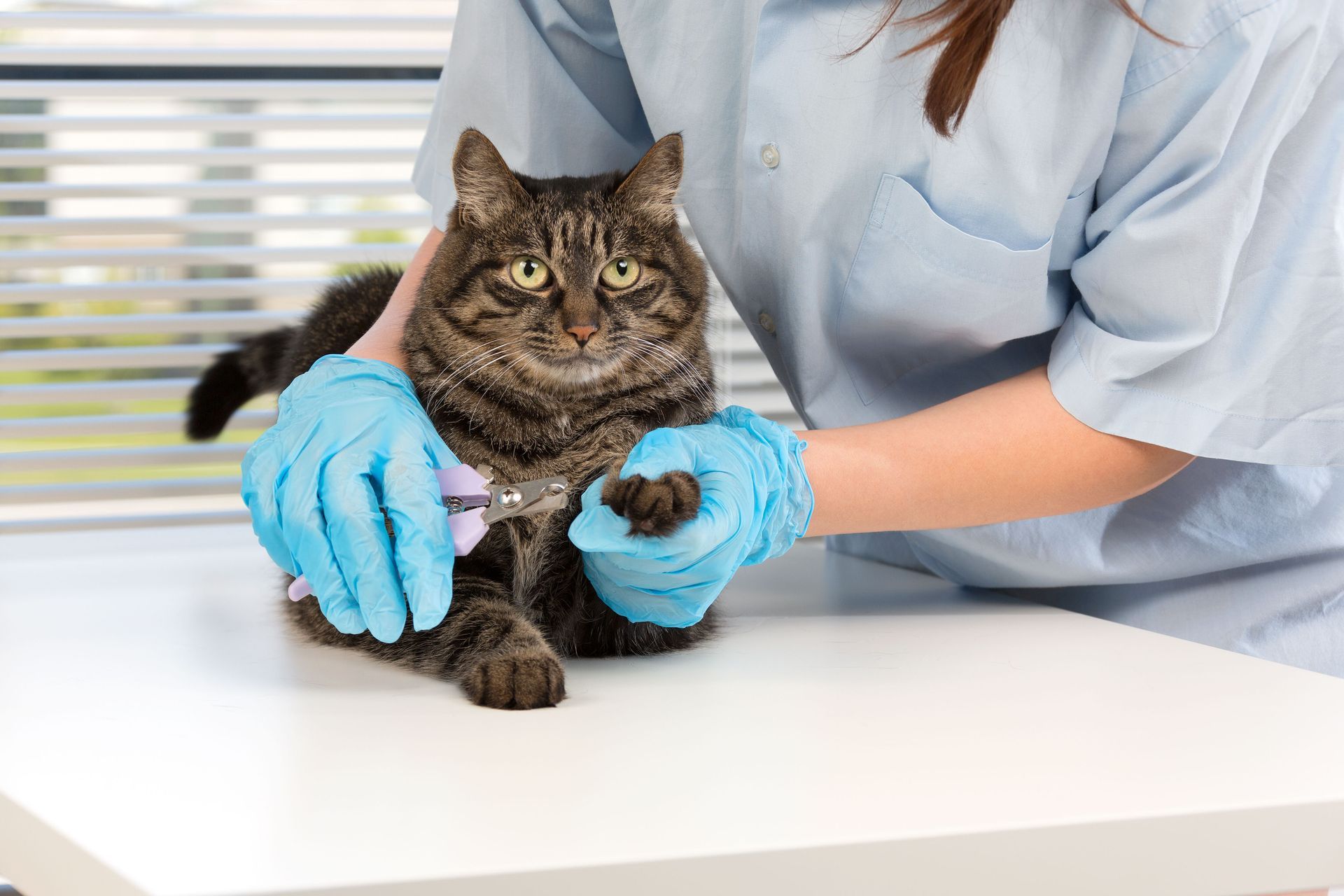
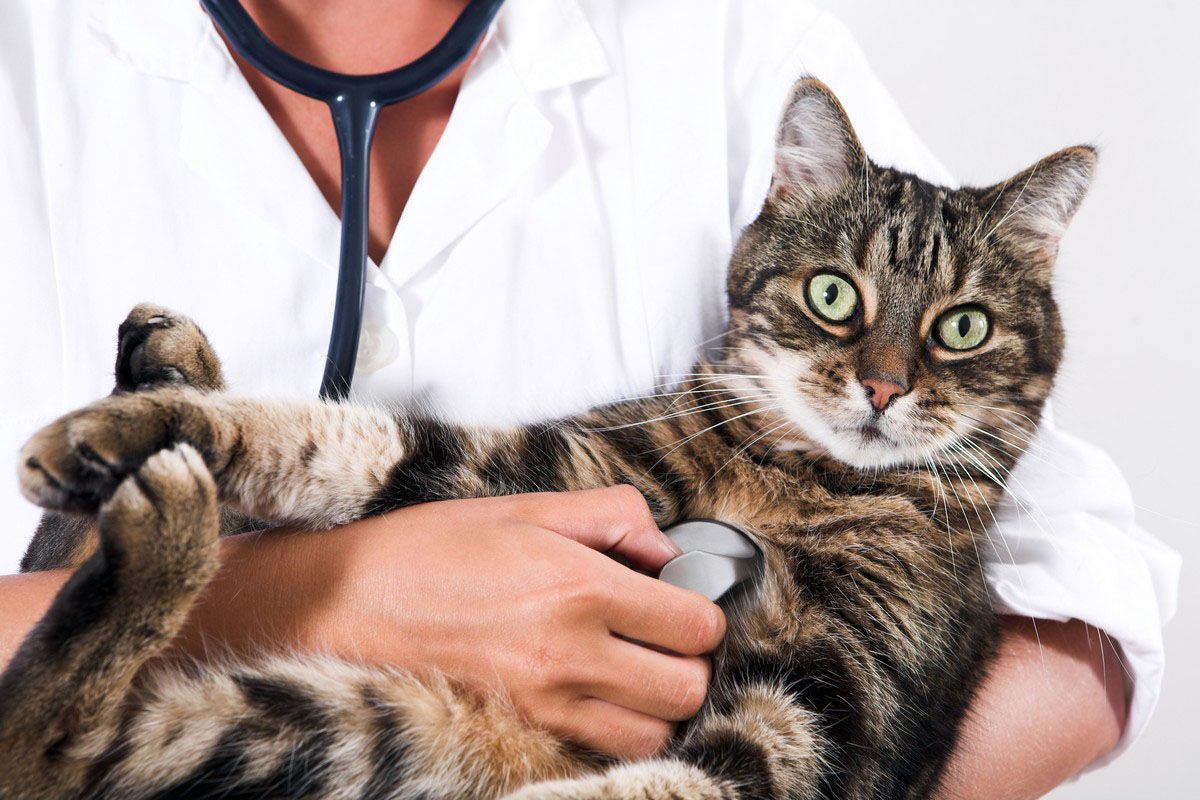
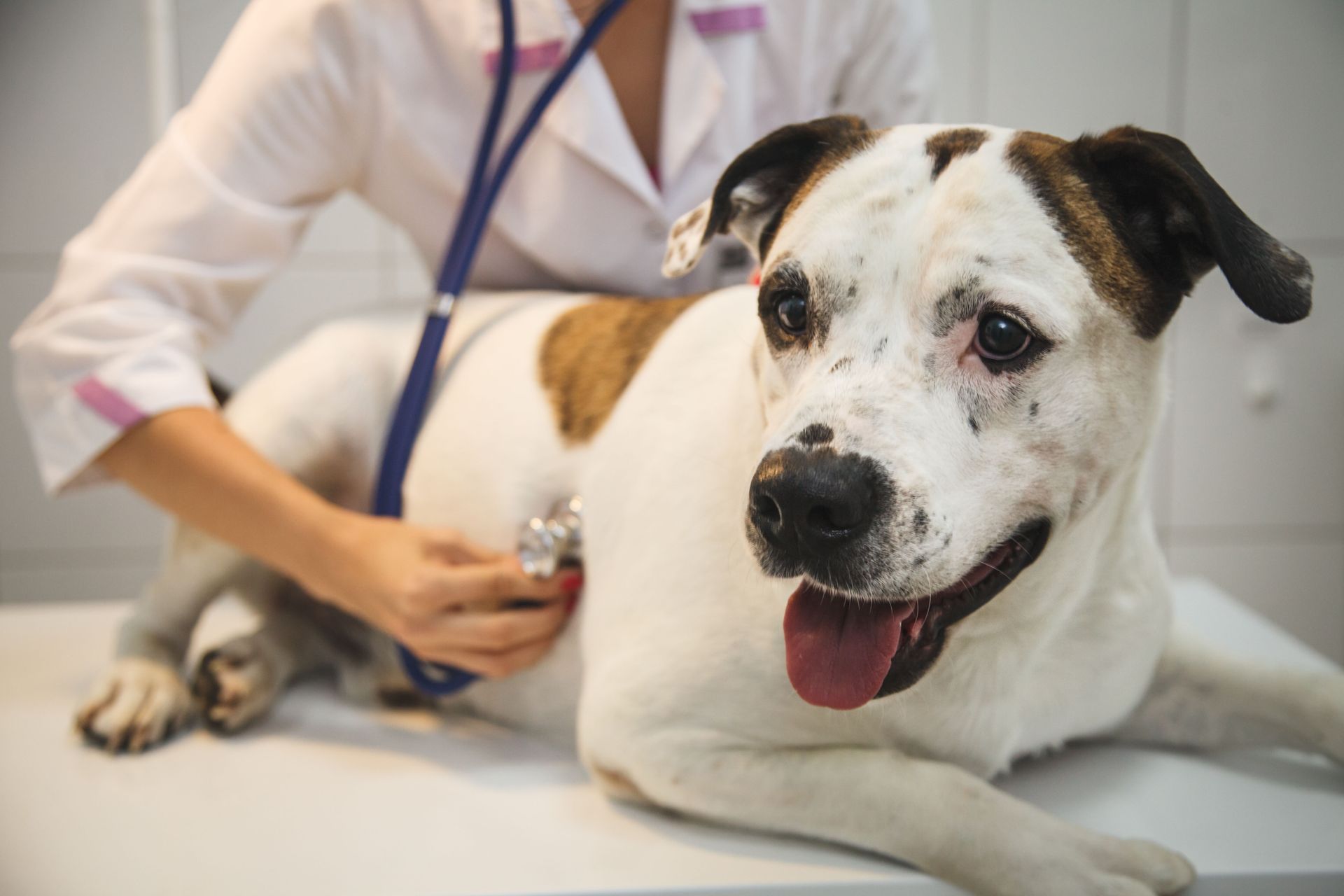




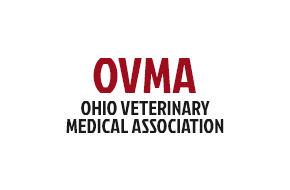
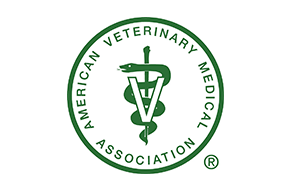
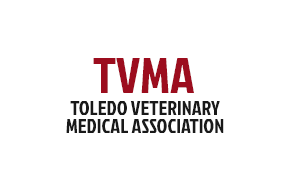

Share On: